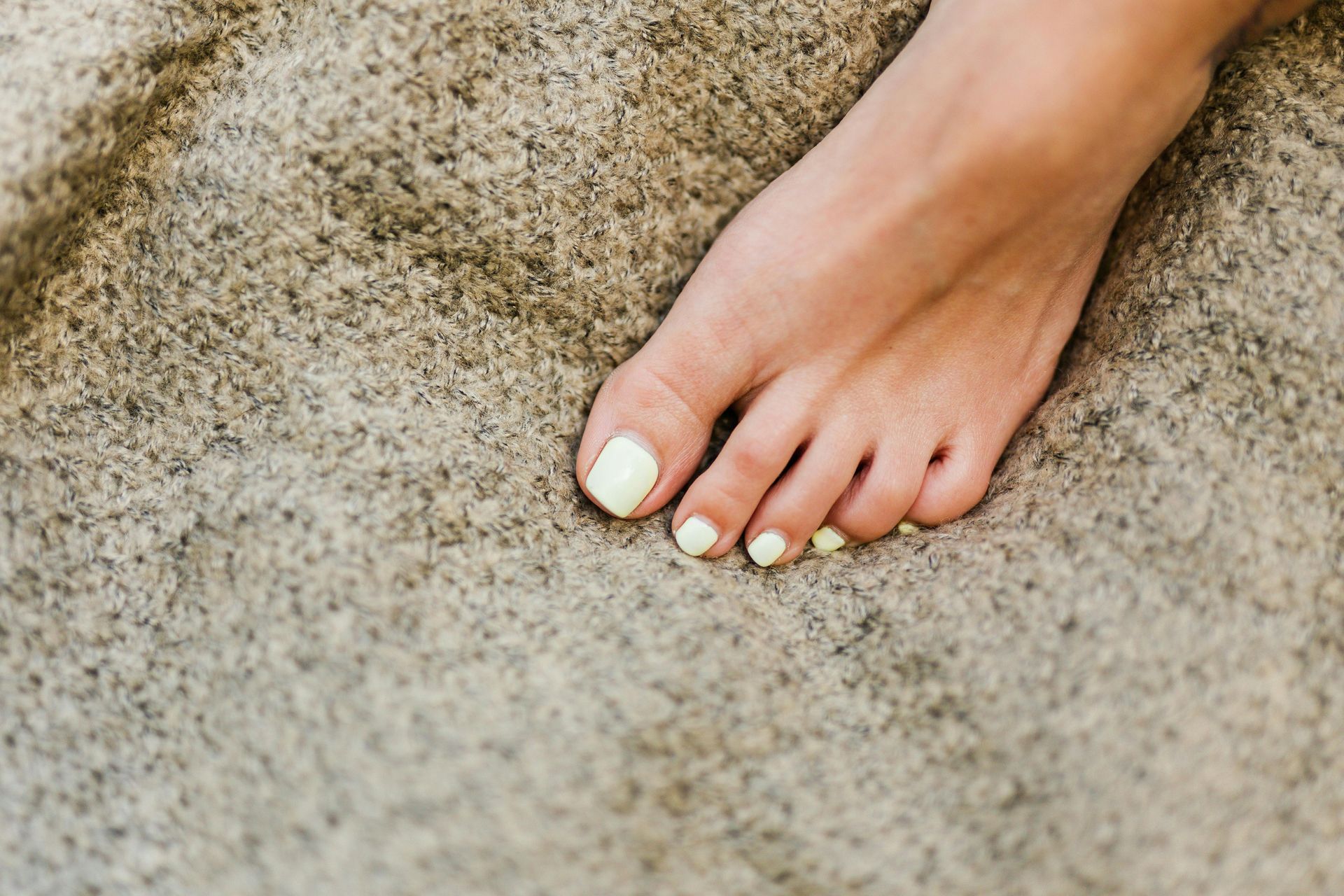Grab your sleepy time menu
Yes, you can eat your way to better sleep
Curry. White or rose wine. Big pile of red meat. Generally eating too late.
These are NOT a few of my favourite things.
'Cos they mess with my sleep , and I'm a grouch when I don't sleep well.
Now, if you're one of those lucky people (like Mr A) who can fall asleep anywhere, any time AND stay asleep, I'm deeply envious.
But this is still for you, because I don't think there's a single adult who wouldn't like better sleep!
I did write a blog aaaaaaages ago sharing some sleep hygiene tips that you can read here.
And today I've got some other hot tips for you.
Meet melatonin and seratonin - your two sleepy stars!
As it gets dark, our brains normally release melatonin signalling that it's time to sleep.
And to make melatonin, our brain needs enough seratonin.
This is a neurotransmitter our brain makes that plays many roles in regulating mood, behavior, and sleep.
What do we need to eat so we can make enough serotonin?
One of the building blocks of serotonin is the amino acid tryptophan which can be found in many protein rich foods such as:
- Turkey and chicken
- Dairy products
- Nuts and seeds (especially pumpkin seeds)
If you're struggling with sleep, try adding more of these into your diet.
Does that mean we should avoid carbs in the evening?
Nope.
Carbs trigger the release of insulin and this clears other amino acids (as well as sugars) from the bloodstream meaning more tryptophan gets into the brain.
Huzzah.
But we'll be better served with slow release carbs so that it's a gradual release of insulin.
Great foods to eat would be:
- Starchy tubers like potatoes, sweet potatoes, yams
- Beans and legumes (bonus protein too!)
- Whole grains like brown rice, quinoa
What else will help our sleep?
- Magnesium helps convert seratonin into melatonin. Great sources are leafy greens, nuts and seeds, whole grains and beans and legumes.
I'm also a big fan of a supplement taken at night, and I do also use a cream on my feet when I remember (affiliate links mean I'll receive a tiny commission if you buy)!
- Fruits and veggies (particularly brightly coloured ones) contain antioxidants that help promote sleep. Tart cherries and kiwi fruit are especially good!
- Omega 3 fatty acids from oily fish, seafood and supplements also help sleep
- B vitamins particularly B12 and B6 are key for many sleep promoting processes. If you're a veggie, you can safely supplement.
- Vitamin D may also help regulate sleep. And as we only make it when we get sunlight on our skin, you may need to supplement from September to April in the Northern Hemisphere.
I often have my best sleep after my favourite veggie moussaka made with lentils (or replace with turkey mince), potatoes, fromage frais and brightly coloured veg.
It ticks a lot of the boxes!
Check the recipe here.
Does it matter when we eat?
Sooooo, statistical sample of one, but I know I sleep better if I eat my final meal of the evening earlier rather than later.
I know that many people are more likely to skip breakfast and not eat til lunch, with their biggest meal later in the evening.
This isn't ideal for your sleep (or metabolic health).
Try eating heavier meals earlier in the day - the old adage of breakfasting like a king, lunching like a prince and dining like a pauper isn't completely crazy!
Anything we should avoid in the hours leading up to bedtime?
Consider minimising these:
- Caffeine stays in your blood stream for a long time! I know some people who can drink it all evening long. I am not one of them.
- Spicy foods that can lead to indigestion or heart burn
- Alcohol might make you think it helps you sleep. But it doesn't.
- Heavy, high fat meals that can also lead to indigestion or heart burn.
Again, sample size of one, but these definitely upset my sleep.
What about some movement?
Yep - get outside, get some exercise in the morning. Running, walking, cycling...all the things.
Later in the day, if you can keep the exercise a bit more low key - Pilates is great with it's focus on breath work - you'll find that this helps to set you up for a restful night.
Want to try a class from home so you can get straight into your jammies after? Pilates is online on Mondays at 7pm and Wednesdays at 6.30pm. You can book here










